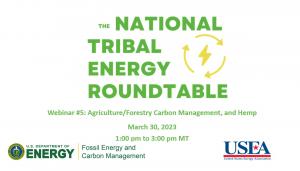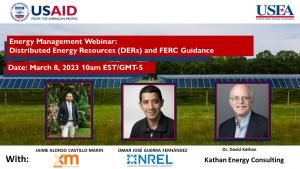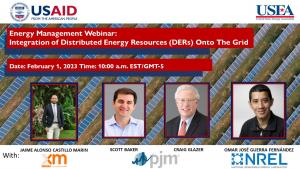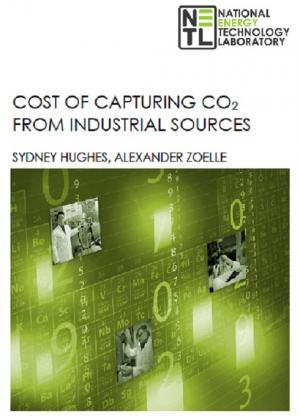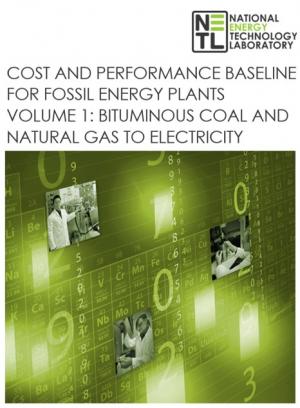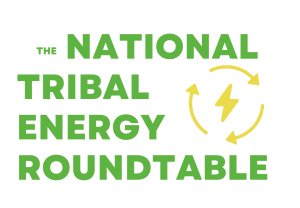March 30th, 2023
Discussion of Tribes and tribal members considering carbon management of farmland, ranchland and forest lands, including hemp. Carbon farming, a system of agricultural management, and sustainable forest management, helps the land sequester carbon. We will be starting a dialogue with the Idaho National Laboratory on the work they are doing in this space and how they can include Tribes and Tribal communities on this very important environmental work.
March 27th, 2023
Electric utilities are facing increasing challenges to provide reliable power amidst climate change and extreme weather events. Utilities in developing countries without access to equipment surpluses and flexible financial capital are at greater risk than utilities in industrialized countries.
March 7th, 2023
On March 7, on the eve of International Women’s Day 2023, USEA in collaboration with USAID will host a virtual
High-Level Policy Dialogue: Women Leaders Breaking Barriers for Gender Equity. Join us virtually to celebrate diverse female voices from around the world who influence and shape energy policy.
March 8th, 2023
On March 8th, USEA's Energy Management webinar series hosted by USAID's Bureau for Development, Democracy, and Innovation (DDI), was joined by former Federal Energy Regulation Commission (FERC) senior economist Dr. David Kathan. Dr. Kathan formerly worked in FERC's Office of Energy Policy and Innovation and currently serves as President of Kathan Energy Consulting, a boutique consulting firm focused on electric power issues, demand response, DER and grid modernization. Dr.
February 1st, 2023
In this February 1st installment of USEA's Energy Management webinar series hosted by USAID's Bureau for Development, Democracy, and Innovation (DDI), we hosted experts from XM, NREL and PJM. Jaime Castillo Alonso Marin from XM provided context on XM's role and plans for DER integration in Colombia and Scott Baker from PJM presented on PJM's activities in response to FERC Order 2222 and the role of DER in PJM's planning and modeling. Lastly, Omar Jose Guerra Fernandez of NREL provided a summary comment on DERs.
February 27th, 2023
In Indian Country, some lack the basic human essentials like electricity or running water and many lack clean and freely accessible water. No matter our situation, our Nation and the World are ready to move in the direction of developing and using new sources of clean and cleaner fuels for power generation, transportation, and other uses.
Pages

